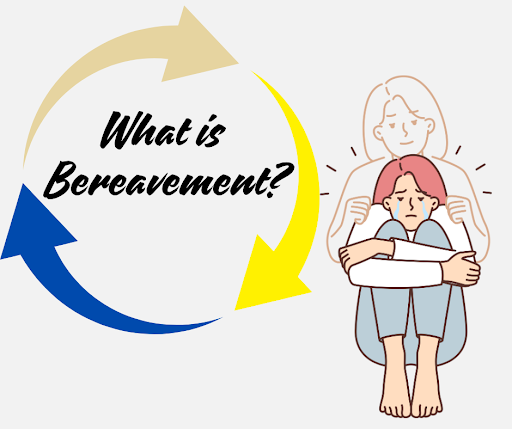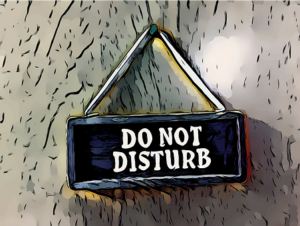When looking at traumatic events and the concept of emotions surrounding the events, there is often a discussion about the difference between grief and bereavement. While these terms are frequently used interchangeably, they are distinctly different. Grief is your emotional response to a loss and can occur whenever a disruption changes your life. It can be the loss of a person, a job, or any number of things. In our previous blog, we focused on the grief that happens when you lose your spouse.
Bereavement refers to the state of loss and grief that follows the death of a loved one. The orgin is an Old English word bereafian, meaning “to deprive or take away.” It is to be deprived by death reflecting the deep sense of absence and emotional impact that comes with losing someone close.
Bereavement specifically refers to a loss that occurs when someone we love or care for passes away. This term refers to the time period of mourning and adjustment that happens after we lose a loved one. While bereavement does include grief, it also includes dealing with all the things associated with the loss, adjusting to life without your person, and getting through all the expectations related to mourning your loss.
Bereavement encompasses the emotional, psychological, and social processes of coping with the loss. It includes cultural or personal rituals associated with grieving.
Some Components of Bereavement
- Time Frame: How long will these feelings last? Honestly, there is no magic timeline. Your journey’s path is dependent upon a few factors:
- What type of loss is it?
- The unique relationship that you shared.
- The personal coping mechanisms you have in your personal skill set.
- Societal and cultural norms that surround your process.
*****Please note: If YOU feel that the timeline is taking too long or are feeling stuck in the process, it is perfectly normal and ok to ask for assistance.
- Emotional Impact: Remember, grief is the emotional response to a loss and part of the bereavement process. Emotions can swirl and twirl about you, hitting you when you least expect them. They can range from sorrow and anger, guilt and loneliness, a brief joyful moment in response to a memory or shared joke with your loved one, irritability and lethargy, to a whole gamut of other emotions. The intense feelings or mix of multiple feelings at one time can become overwhelming and sometimes even gut-wrenching. Please be gentle with yourself and allow the emotions to flow through you, as suppressing them can be detrimental to your physical and mental health.
- Social Changes: Losing someone in our life can change how we and others view our place in various groups. An identity shift can occur as we go from being “we” and “us” to “me” and “I” in our vocabulary and communication. This may be disorienting as we seek to discover ourselves without our person. In addition, our relationships with family members and friends may transition as those around us struggle with supporting us as we grieve and including us as one instead of two. Your life has changed, and it is normal to have changes occur in your social life as well. Here, you may want to consider how to balance solitude and quiet time with getting out and doing things with others.
- Physical Effects: While you are in the bereavement process, you experience physical symptoms such as fatigue, appetite changes, sleep disturbances, headaches, and more. Be aware these can occur and do what you can to take good care of yourself. Be intentional about self-care. Remember that you have to take care of yourself before you can care for others. Fill your cup first.
- Financial and Lifestyle Adjustments – Losing a spouse may mean handling a variety of items we used to share. We are now the only ones available to handle the finances, household responsibilities, and many other chores and decisions. Remember, in these instances, you can choose to learn new skills or seek assistance from others in your circle to assist where needed as you adjust to life after loss.
Bereavement is not about “moving on” but rather moving forward—learning to live with loss while finding hope in the future. It is the time we take to adjust. Remember, in this process, that it is YOUR journey. You can make the choices that you feel are best for you as you travel its path.
Peace & blessings to you.
Teresa & Jeni
PS: For additional support, you can download our free copy of 10 Ways to Move Forward After Loss
The First Days: Coping with Life After Loss is a resource for the first days after a loss – available on Amazon in paperback.
My Journey as a Widow: A Widow’s First Journal is a follow-up journal for processing complex emotions and moving forward with hope. It is available in paperback on Amazon.
Follow us on Social Media:
Facebook: https://www.facebook.com/TornInHalfwidows/
LinkedIn: https://www.linkedin.com/company/torn-in-half/




